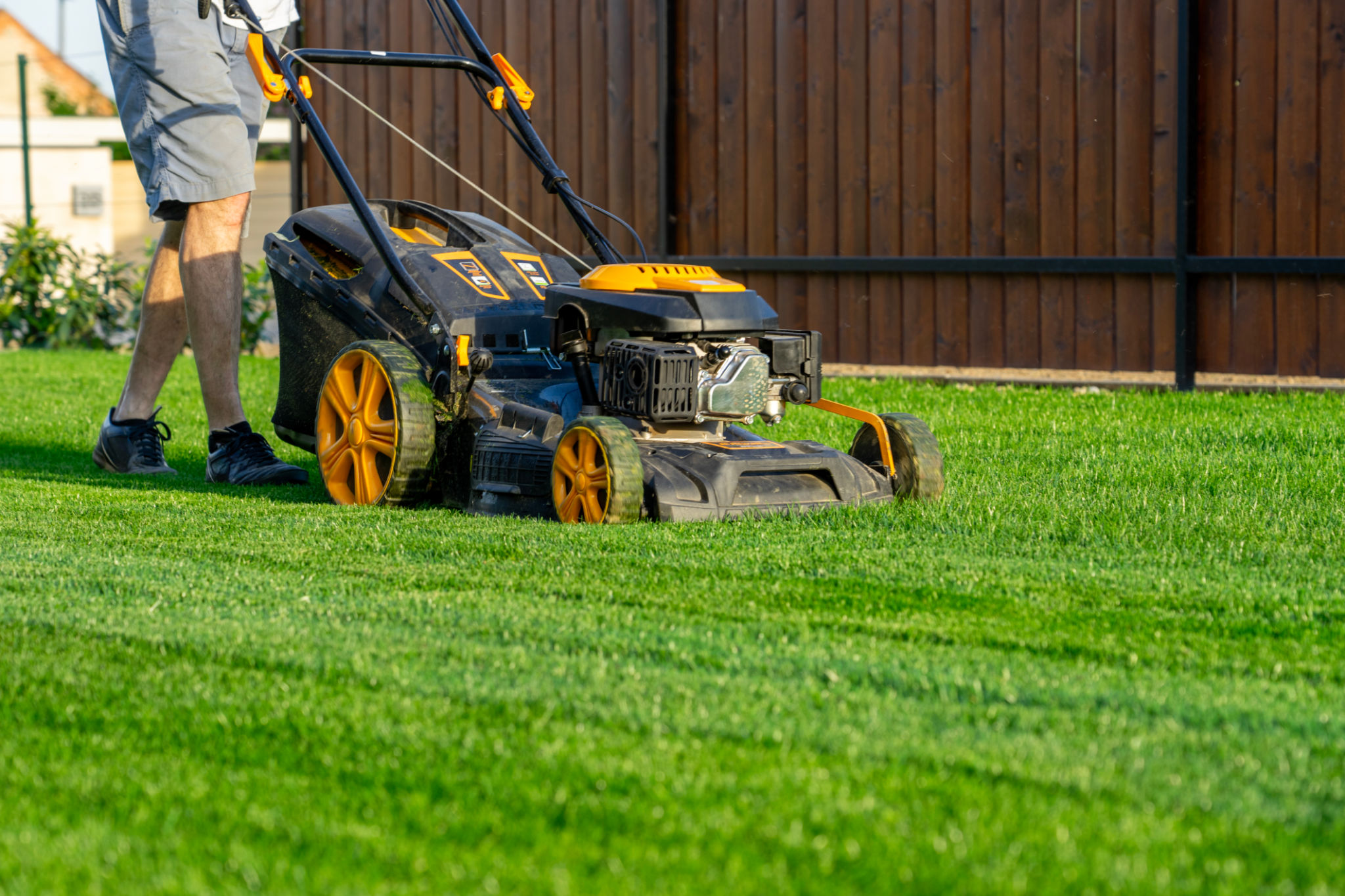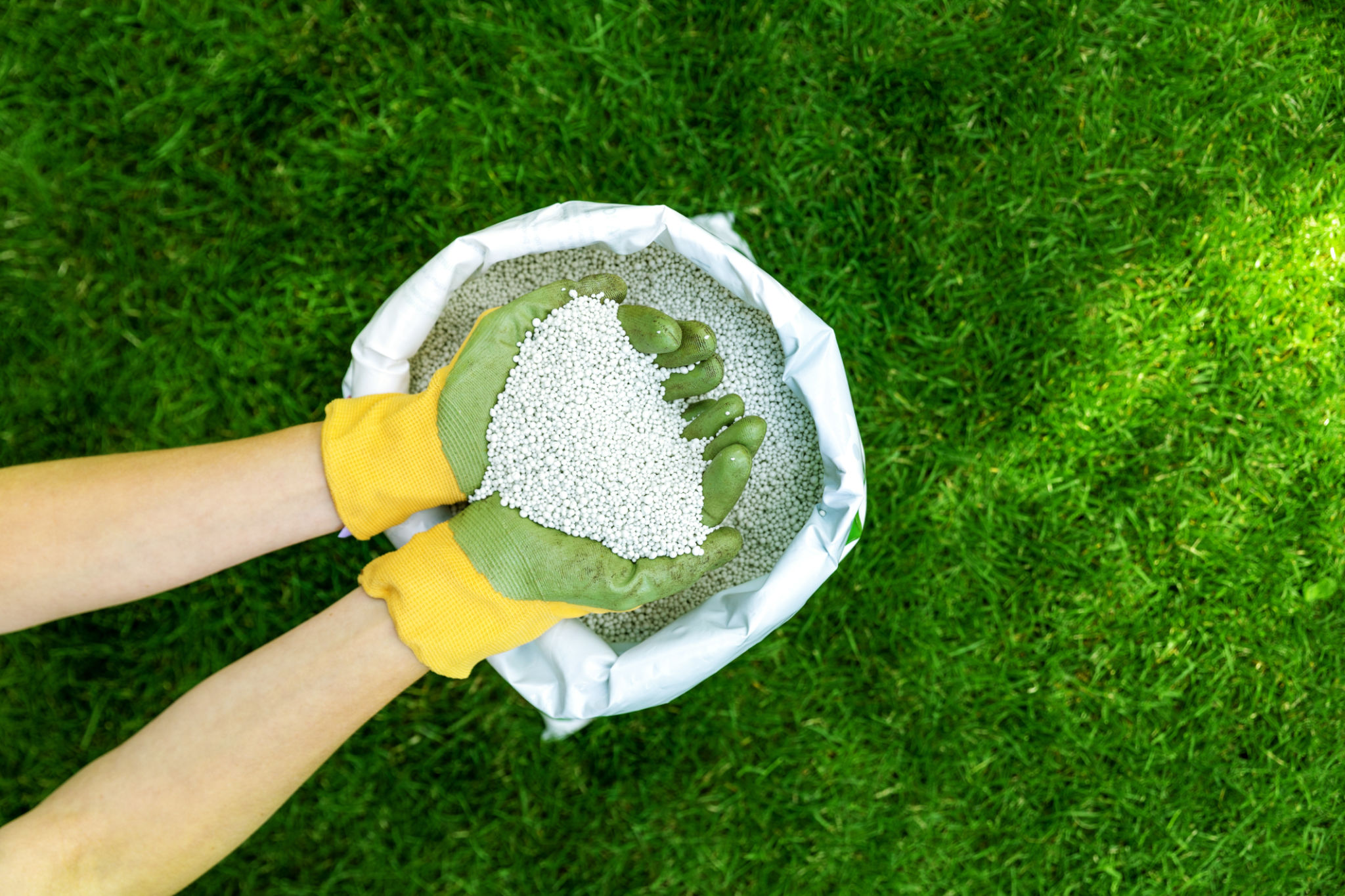Common Lawn Care Myths Debunked: What Really Works
Understanding Lawn Care Myths
Maintaining a beautiful lawn can be a challenge, especially with the abundance of advice available. However, not all of it is accurate. In this blog post, we will debunk some common lawn care myths and provide you with reliable strategies that truly work.

Myth: Frequent Watering is Essential
Many believe that watering your lawn every day is necessary for lush, green grass. However, this is a misconception. Frequent watering can lead to shallow root systems, making the grass more susceptible to drought and disease. Instead, aim for deep and infrequent watering. A good rule of thumb is to water your lawn once a week, allowing the soil to soak up at least an inch of water.
Myth: Mowing Short is Beneficial
Another widespread myth is that mowing your lawn short will decrease the frequency of mowing. On the contrary, cutting grass too short can weaken the plants and make them more vulnerable to pests and weeds. It's best to follow the one-third rule: never remove more than one-third of the grass blade in a single mowing session. This helps maintain healthy growth and a robust root system.

The Truth About Fertilization
Fertilization is often misunderstood in lawn maintenance. Many assume that more fertilizer equates to a healthier lawn, but over-fertilizing can harm your grass. Excess nutrients can lead to nutrient run-off and environmental damage.
Myth: Spring is the Best Time to Fertilize
While spring is a popular time for fertilization, it may not be the most effective for every type of grass. Cool-season grasses benefit from fall fertilization as it encourages root growth before winter. Conversely, warm-season grasses thrive with spring and summer fertilization.

Weed Control Misconceptions
Weeds are the bane of many homeowners' existence, and misinformation about their control can exacerbate the problem. Understanding effective weed control methods can save you time and effort.
Myth: Hand Pulling Weeds is Always Effective
While hand-pulling weeds can be effective for small infestations, it requires careful technique to ensure the entire root system is removed. For more extensive weed problems, it's often better to use targeted herbicides or implement a pre-emergent strategy to prevent weeds from germinating.
The Role of Soil Health
Healthy soil is the foundation of a thriving lawn, yet many people overlook its importance. Compacted soil and poor nutrient balance can hinder grass growth.
Myth: Soil Aeration is Unnecessary
A common misconception is that soil aeration isn't needed if the lawn looks healthy. However, aeration helps alleviate soil compaction, promotes root growth, and improves nutrient absorption. Consider aerating your lawn annually for optimal health.

By understanding and debunking these common lawn care myths, you can focus on practices that genuinely enhance your lawn's health and appearance. Remember, informed decisions lead to a more sustainable and vibrant lawn throughout the year.